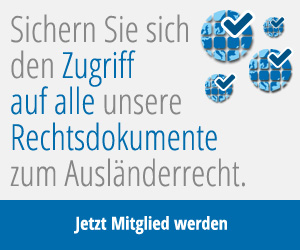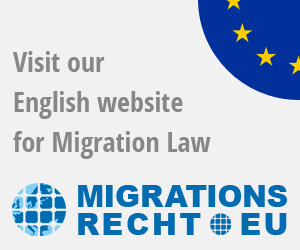On 16 December 2013 the European Union (EU) and Turkey launched the Visa Liberalisation Dialogue (VLD), in parallel with the signature of the EU-Turkey Readmission Agreement. The VLD is based on the Roadmap towards a visa free regime with Turkey ("the Roadmap"), a document setting out the requirements that Turkey needs to meet in order to enable the European Parliament and the Council to amend Regulation (EC) No 539/2001 which would allow Turkish citizens holding biometric passports in line with EU standards to travel to the Member States without a visa for short stays (i.e. up to 90 days within any 180-day period). The 72 requirements listed in the Roadmap are organised in five thematic groups ("blocks"): document security; migration management; public order and security; fundamental rights; and readmission of irregular migrants.
In the Third report on progress by Turkey in fulfilling the requirements of its visa liberalisation roadmap, submitted in parallel with the proposal of the amendment of the visa-regulation, the Commission notes that building on the new level of engagement and determination demonstrated by Turkey since the EU-Turkey Summit of 29 November 2015, in the last months the Turkish authorities have further intensified their efforts to fulfil that condition. The Commission acknowledges the good progress made by the Turkish authorities so far, and it encourages them to urgently step up these efforts to meet all requirements in order to obtain visa liberalisation by the end of June.
As indicated in the Report, however, the Turkish authorities have not yet managed to meet this ambitious objective as 7 requirements out of 72 have not yet been fulfilled. Some of them are of particular importance.
Two of these seven outstanding requirements need for practical and procedural reasons a longer timeline for implementation, and this has made it impossible for them to be fulfilled in a complete manner by the time of the presentation of this proposal. This concerns the following two benchmarks:
– upgrading the existing biometric passports so as to include security features in line with the latest EU standards;
– fully implementing the provisions of the EU-Turkey readmission agreement, including those related to the readmission of third country nationals.
As indicated in the Report, the Commission and the Turkish authorities have agreed on practical ways of implementing these benchmarks before their complete fulfilment.
The Commission invites the Turkish authorities to urgently undertake the measures that are necessary to fulfil the other outstanding benchmarks of the Roadmap, namely:
– adopting the measures to prevent corruption foreseen by the Roadmap, i.e. ensuring an effective follow-up to the recommendations issued by the Council of Europe's Group of States against Corruption (GRECO);
– aligning the legislation on personal data protection to EU standards, notably to ensure that the data protection authority can act in an independent manner and that the activities of law enforcement agencies fall within the scope of the law;
– negotiating an operational cooperation agreement with Europol. This also depends upon the above changes to the data protection legislation;
– offering effective judicial cooperation in criminal matters to all EU Member States;
– revising the legislation and practices on terrorism in line with European standards, notably by better aligning the definition of terrorism with that set out in Framework Decision 2002/475/JHA as amended in order to narrow the scope of the definition and by introducing a criterion of proportionality.
On the understanding that the Turkish authorities will fulfil, as a matter of urgency and as they committed to do so on 18 March 2016, the outstanding benchmarks of the Roadmap, the Commission has decided to present the proposal to amend Regulation (EC) No 539/2001 to lift the visa requirement for Turkish citizens who are holders of a biometric passport in line with EU standards.
In order to assist the co-legislators in their deliberations, the Commission will continue monitoring the steps which the Turkish authorities take to fulfil the outstanding requirements of the Roadmap.
The presentation of this proposal at the beginning of May allows for an eight-week period to elapse between the draft being made available to national Parliaments and its adoption by the end of June, as mentioned in the EU-Turkey Statement of 18 March 2016, and in accordance with Article 4 of Protocol No 1 to the Treaties on the role of national Parliaments in the European Union. As such the proposal ensures that a key element of the EU-In order to assist the co-legislators in their deliberations, the Commission will continue monitoring the steps which the Turkish authorities take to fulfil the outstanding requirements of the Roadmap.




